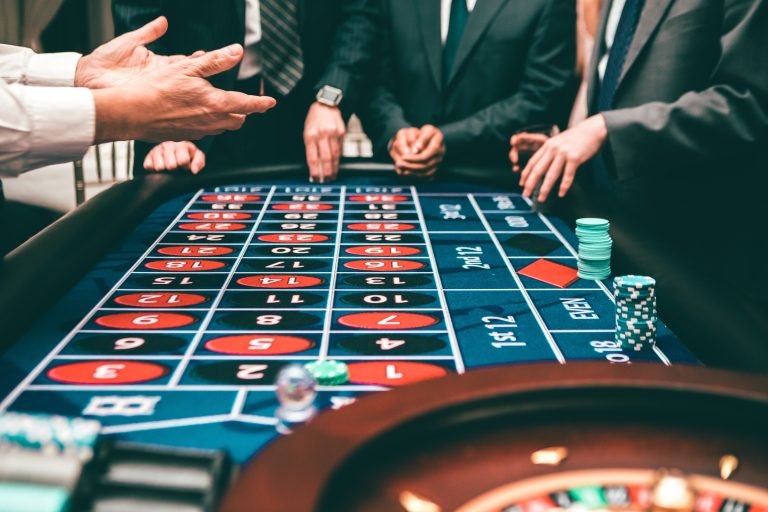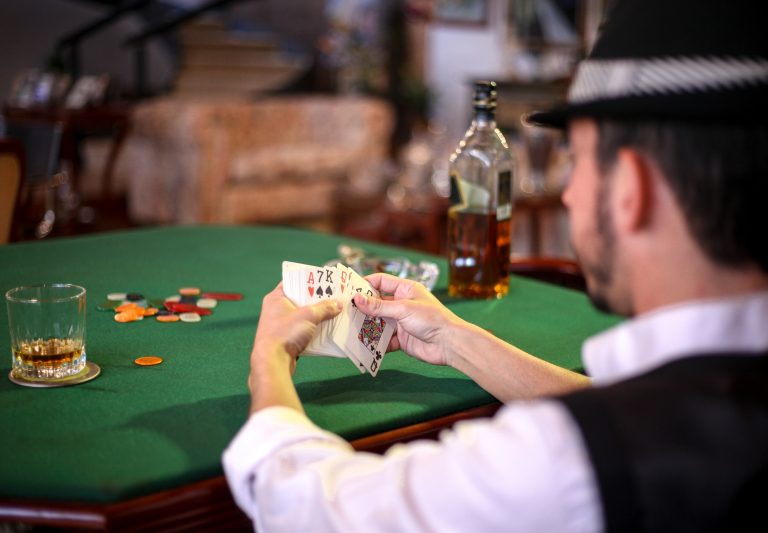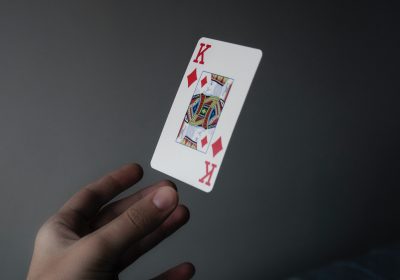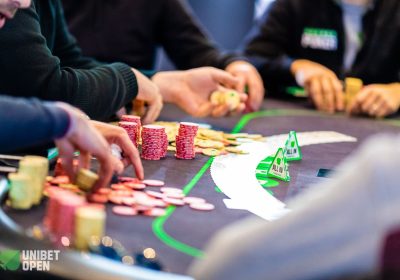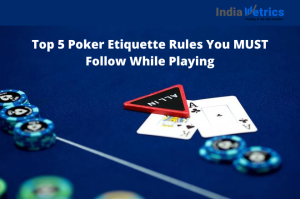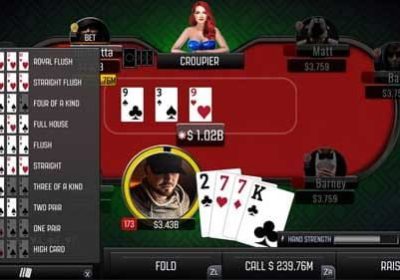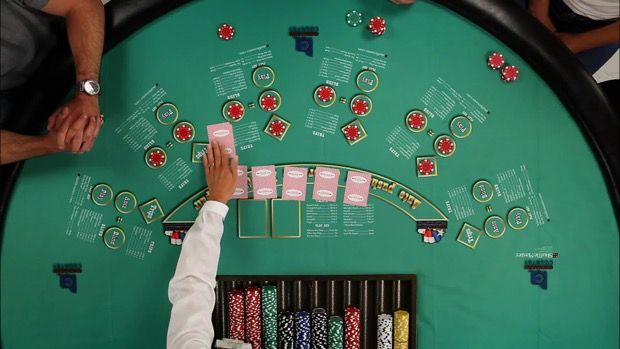
Texas Hold’em Poker: Mastering the Art of Bluffing
Bluffing plays a crucial role in Texas Hold’em Poker, one of the most popular and exciting card games in the world. It is a technique that involves betting or raising with weak or mediocre hands, attempting to deceive opponents into believing that your hand is stronger than it actually is. Bluffing is an art that requires skill, observation, and strategy. In this article, we delve into the intricacies of bluffing and explore how you can master this essential aspect of the game.
The Psychology of Bluffing
Bluffing relies heavily on the psychology of the players involved. It exploits the natural instinct of opponents to fold when they believe their hand is not strong enough to win. By presenting a confident and convincing demeanor, you can manipulate their perceptions and force them to make decisions that benefit you. To become a successful bluffer, you need to understand the psychological factors that influence players and adapt your strategy accordingly.
Timing is Everything
Mastering the art of bluffing also requires impeccable timing. Choosing the right moment to execute a bluff is crucial. It’s essential to observe the actions and behaviors of your opponents, looking for signs of weakness or indecisiveness. If a player seems hesitant or unsure, it might be an opportune time to bluff and force them to fold. However, timing a bluff poorly can lead to disastrous consequences, potentially exposing your weak hand and causing you to lose significant chips.
Observation and Table Image
Bluffing effectively also depends on your ability to read your opponents’ behavior and maintain a favorable table image. Constantly observing their actions, betting patterns, and body language can provide valuable insights into their hand strength. Look for any inconsistencies or deviations from their usual style of play, as it may indicate weakness. Additionally, developing a consistent and believable table image is essential. If players perceive you as tight and conservative, they will likely be more inclined to fold when you make aggressive bets.
Positional Advantage
Playing a bluff from a favorable position can dramatically increase its success rate. The later you are in the betting order, the more information you have about your opponents’ actions, enabling you to make more informed decisions. Bluffing from late position allows you to gauge the strength of your opponents’ hands and adjust your strategy accordingly. Utilize your positional advantage wisely to maximize the effectiveness of your bluffs and increase your chances of winning.
The Importance of Bet Sizing
Proper bet sizing is crucial when executing a bluff. If your bet is too small, it may not have the desired impact on your opponents, leading them to call with weak hands. Conversely, an overly large bet can make your bluff too obvious and discourage opponents from folding. It’s essential to find a balance and make bets that are believable and in line with the pot size. Varying your bet sizes can also add an element of unpredictability to your strategy, making it harder for opponents to read your hand.
When to Give up on a Bluff
Despite your best efforts, not all bluffs will be successful. Recognizing when to give up on a bluff and cut your losses is an important skill to develop. If your opponents remain steadfast and show strength by calling or raising, it’s often wise to abandon the bluff and preserve your chips for another opportunity. Holding onto a losing bluff can be detrimental to your chip stack and overall gameplay. Learn to let go and be patient for the next favorable situation to arise.
Conclusion
Bluffing is an art form that sets poker apart from many other card games. It requires a combination of psychology, observation, timing, and strategy. Mastering the art of bluffing in Texas Hold’em Poker can significantly improve your chances of winning and elevate your gameplay to new heights. Remember, bluffing should be used selectively and in moderation. It’s all about finding the delicate balance between aggression and caution, ultimately keeping your opponents guessing and enhancing your overall poker skills.
